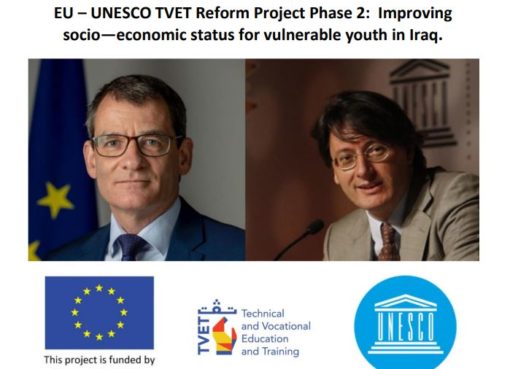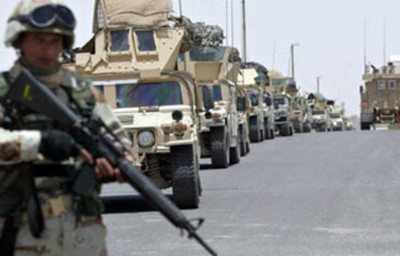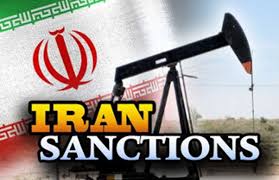ERBIL, Kurdistan Region – Sulaimani Provincial Council formed a committee on Thursday to begin the process of devolving financial and administrative powers from the central government in Erbil.
Azad Mohammed Amin, head of the provincial council, told Rudaw the council has formed a nine-member committee to prepare a new draft bill for decentralization.
The committee consists of members from all blocs inside the provincial council and will set to work next week.
“Now, following the resurgence of the salary crisis and the services crisis that is now expected, we demand the formation of a temporary committee from all blocs, especially from legal, financial, and economic experts, to prepare another bill to [achieve] administrative and financial decentralization,” the committee said in a written proposal.
Its supporters believe Sulaimani province is rich with natural resources and can therefore stand on its own two feet without waiting for the central government in Erbil to pay public sector salaries and provide essential services.
Ghaleb Mohammed, head of the council’s energy, trade, and natural resources committee, told a press conference in Sulaimani on Thursday they can “better serve” the province if revenues drawn from its natural resources and border crossings are spent exclusively on Sulaimani’s needs.
“I support financial and administrative decentralization of Sulaimani in order to serve it. We have [natural] gas, oil, and many border crossings which have high income,” Mohammed told reporters.
Sulaimani is the “second-richest” province in Iraq in terms of natural resources after Basra and can therefore serve itself, he claimed.
The Kurdistan Democratic Party (KDP), which controls Erbil and Duhok provinces but has very little influence in Sulaimani, is reluctant to support provincial devolution.
Its members did not attend the council’s April 23 meeting.
“We are not sure of what they want in this project,” Barzan Hamid, a member of the KDP faction on the council, told Rudaw English on Friday.
The devolution of powers to the provinces could be amended in the 2009 provincial law in the Kurdistan regional parliament, rather than through the provincial council, Hamid said.
The Sulaimani Provisional Council passed a bill for decentralization in July 2017. However, the KRG did not respond to the bill at the time because it was caught up in the drama of the Kurdistan independence referendum and ensuing clashes with Iraqi forces in Kirkuk and the disputed territories.
The issue has resurfaced largely due to the impending economic crisis, brought about by the collapse of world oil prices, disruption caused by the coronavirus lockdown, and a renewed spat between the KRG and Baghdad over a deal to exchange oil for a share of the federal budget.
If Baghdad continues to withhold the KRG’s 12.67 percent share of the budget, public sector workers could once again go months without receiving their salaries – a nightmare many faced during the long economic turbulence of 2014-18.
The issue of devolution has also resurfaced at a time when relations between the KDP and the Patriotic Union of Kurdistan (PUK), which controls Sulaimani, have suffered fresh setbacks.
Although the KDP and PUK have cooperated remarkably well in government together for several years, old hostilities dating back to the civil war years of the 1990s are rarely far from the surface.
Source:Rudaw , 01-05-2020
https://www.rudaw.net/english/kurdistan/010520201








Comment here